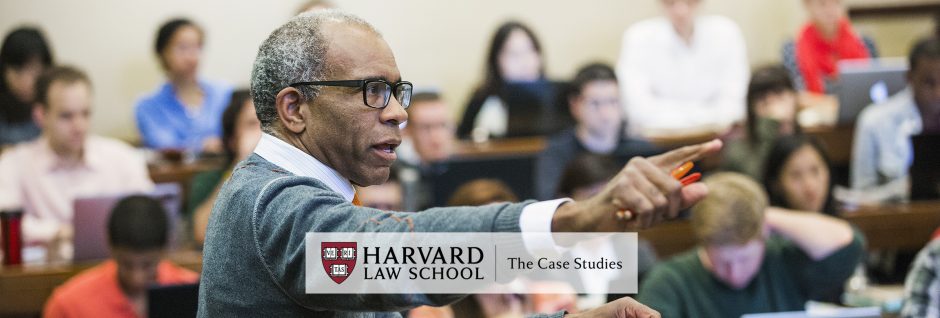 “There is almost universal agreement that the current system is broken,” said Thomas W. Lyons III, ABA Task Force member, at an ABA Task Force meeting in Dallas earlier this year.
“There is almost universal agreement that the current system is broken,” said Thomas W. Lyons III, ABA Task Force member, at an ABA Task Force meeting in Dallas earlier this year.
In August, the American Bar Association’s Task Force released its final report in a series of working papers on the Future of Legal Education. The Task Force, which was commissioned in July 2012, sought to highlight the problems that the nation’s law schools and the American legal profession are faced with today—rising tuitions, staggering student debt, a decreasing pool of law school applicants and limited job opportunities for graduates—and to articulate the facts that will help build a consensus for change, test hypotheses, and scrutinize recommendations. The resulting working paper states that it will serve as “a field manual for people of good faith who wish to improve legal education as a public and private good.” In determining recommendations for reshaping legal education, the ABA’s Task Force identified six “fundamental and widely shared values” for law schools and state bar associations to:
- Meet society’s needs to deliver legal education in the United States;
- Decentralize access for those who want to obtain a legal education;
- Minimize obstacles for those who wish to build a career in the legal profession;
- Provide appropriate legal education programs for public good;
- Provide appropriate legal education for private good; and
- Consider other ways of providing public good, with the understanding that law schools are not the sole providers of legal education.
The report emphasized the urgent need for change in our nation’s legal education. As James B. Kobak, Jr., a Task Force member, commented, “The overall idea [of this report] was to free law schools to be more innovative and get away from the one-size-fits-all model.”
As reported in a recent New York Times article by Task Force Chairman Randall T. Shepard, the most controversial topics amongst task force members pertained to financing legal education and setting standards for accreditation. Shepard said that “There were very prickly long discussions about whether the language in the report accurately describes the situation. […] there was a real disagreement […] on the list of items in the accreditation standards that we thought should be liberalized or eliminated.”
The use of nonlawyer practitioners, however, sparked little controversy, Shepard reported. Task Force members “were so impressed by Washington State’s experiment with limited-license legal technicians, trained and licensed to handle certain civil legal matters. That program’s success has led to an expansion to practitioners for domestic relations, an area in which many of those who come to court are now unrepresented.”
Among the Task Force’s key recommendations were increased collaboration, better assessment of existing programs, incentives for innovation, a revitalized faculty culture, the acceptance of risk-taking, flexibility, and diversity of purpose. The report is still in draft form; it will be circulated for comment and then discussed at the ABA’s 2013 meeting. If the report is accepted, it will serve as a set of recommendations rather than a binding set of rules for law schools and state bar associations.
What is your reaction to the Task Force’s recommendations? Let us know at hlscasestudies@law.harvard.edu.
What is your school doing to enhance legal education? The Harvard Law School Case Studies Program is conducting a survey of how law school professors and law firms are using experiential teaching methods and materials to enhance legal education. To take part in the survey and receive survey results, please email hlscasestudies@law.harvard.edu and use the subject line: Survey.
Useful links:
www.americanbar.org/groups/professional_responsibility/taskforceonthefuturelegaleducation.html
